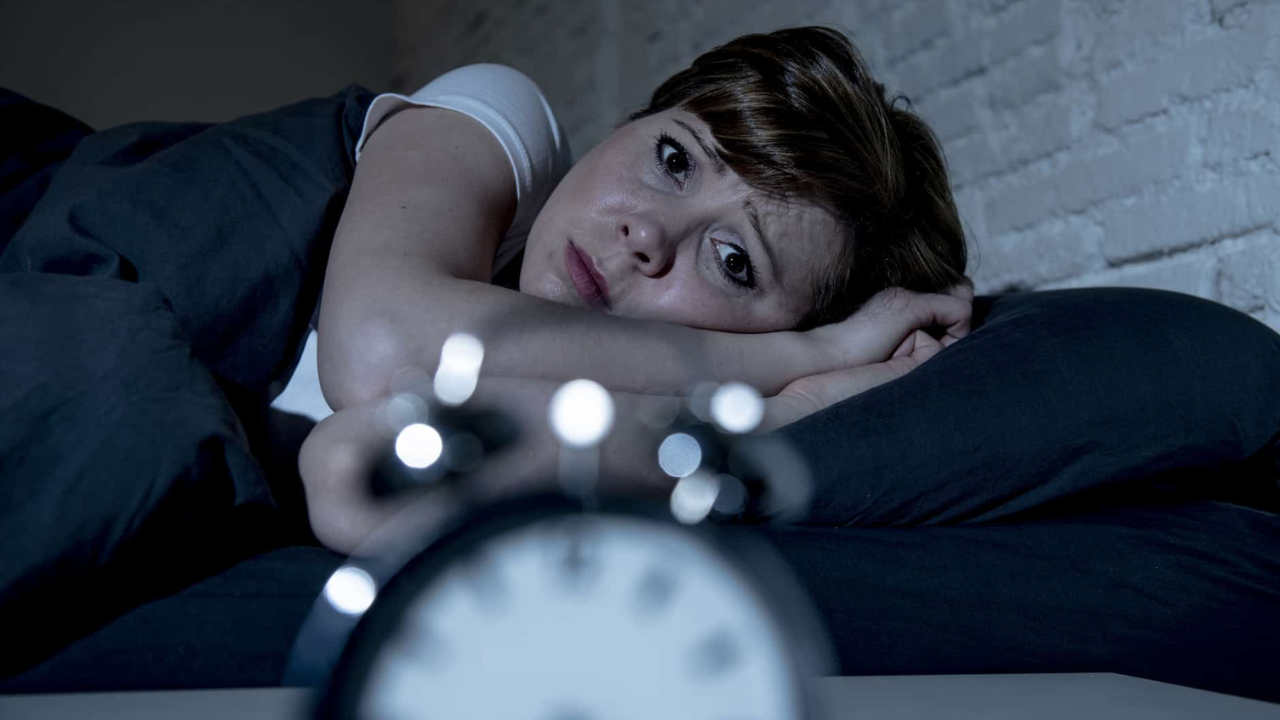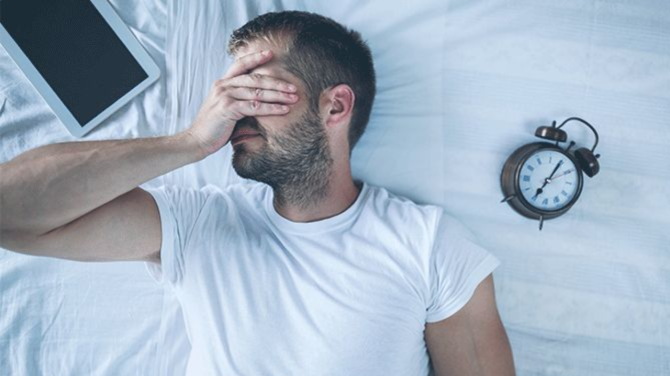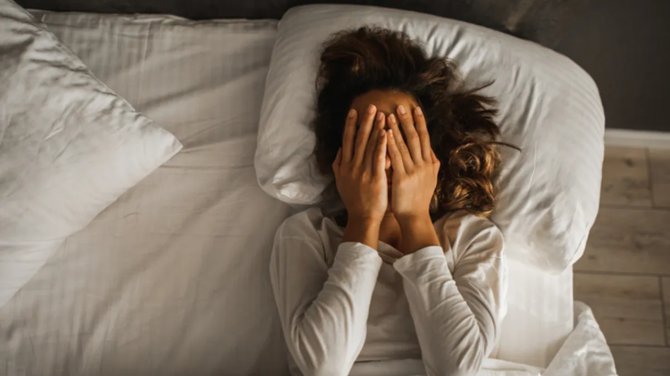Updated on: 20 June, 2024 05:45 PM IST |Sneha Sunojkumar

By making adjustments to ones lifestyle, enhancing sleep hygiene practices, and consulting medical professionals when necessary, individuals can effectively enhance the quality of their sleep and promote overall well-being

Stress and Anxiety:
Persistent worries and anxiety about various aspects of life such as work, relationships, or health can significantly impact sleep quality. When the mind is preoccupied with concerns, it remains active, making it challenging to relax and unwind enough to fall asleep or stay asleep throughout the night

Poor Sleep Hygiene:
Irregular sleep schedule, inconsistent bedtime routines, excessive screen time before bed, and a disruptive sleep environment can all contribute to sleep difficulties. Lack of a consistent bedtime routine, such as not winding down before bed or engaging in calming activities, fails to signal to the body that it's time to sleep.
Irregular sleep schedule, inconsistent bedtime routines, excessive screen time before bed, and a disruptive sleep environment can all contribute to sleep difficulties. Lack of a consistent bedtime routine, such as not winding down before bed or engaging in calming activities, fails to signal to the body that it's time to sleep.

Medical Conditions:
Certain medical conditions like sleep apnea, restless legs syndrome, chronic pain, or hormonal imbalances can interfere with sleep quality. Managing these conditions often involves medical intervention, lifestyle adjustments, and sometimes medication to alleviate symptoms and improve sleep quality. Seeking guidance from healthcare professionals can help individuals address these underlying issues and achieve better sleep outcomes.
Certain medical conditions like sleep apnea, restless legs syndrome, chronic pain, or hormonal imbalances can interfere with sleep quality. Managing these conditions often involves medical intervention, lifestyle adjustments, and sometimes medication to alleviate symptoms and improve sleep quality. Seeking guidance from healthcare professionals can help individuals address these underlying issues and achieve better sleep outcomes.

Caffeine and Stimulants:
Consumption of caffeine, nicotine, or other stimulants close to bedtime can disrupt sleep patterns and make it harder to fall asleep. timulants like caffeine and nicotine are known to increase alertness and arousal, making it difficult for the body and mind to relax and prepare for sleep.
affeine, in particular, blocks adenosine receptors in the brain, which can delay the onset of melatonin production. Melatonin is a hormone that regulates sleep-wake cycles and its delayed production can delay the onset of sleep.
To improve sleep hygiene, it's advisable to avoid consuming stimulants at least 4-6 hours before bedtime. This allows sufficient time for the effects of these substances to wear off, promoting better sleep onset and overall sleep quality.
Consumption of caffeine, nicotine, or other stimulants close to bedtime can disrupt sleep patterns and make it harder to fall asleep. timulants like caffeine and nicotine are known to increase alertness and arousal, making it difficult for the body and mind to relax and prepare for sleep.
affeine, in particular, blocks adenosine receptors in the brain, which can delay the onset of melatonin production. Melatonin is a hormone that regulates sleep-wake cycles and its delayed production can delay the onset of sleep.
To improve sleep hygiene, it's advisable to avoid consuming stimulants at least 4-6 hours before bedtime. This allows sufficient time for the effects of these substances to wear off, promoting better sleep onset and overall sleep quality.

Lifestyle Factors:
Factors such as irregular eating habits, lack of physical activity, excessive alcohol consumption, and using electronic devices late at night can all impact sleep quality. elaborate. Eating irregularly or consuming heavy meals close to bedtime can cause discomfort and indigestion, making it harder to fall asleep and disrupting sleep throughout the night.
Not engaging in regular physical activity can lead to excess energy that is not expended during the day, which can make it difficult to relax and fall asleep at night. Addressing these lifestyle factors by adopting healthy habits such as maintaining a regular sleep schedule, engaging in regular physical activity, avoiding heavy meals and stimulants before bedtime, limiting alcohol consumption, and reducing screen time before bed can significantly improve sleep quality and overall well-being.
Factors such as irregular eating habits, lack of physical activity, excessive alcohol consumption, and using electronic devices late at night can all impact sleep quality. elaborate. Eating irregularly or consuming heavy meals close to bedtime can cause discomfort and indigestion, making it harder to fall asleep and disrupting sleep throughout the night.
Not engaging in regular physical activity can lead to excess energy that is not expended during the day, which can make it difficult to relax and fall asleep at night. Addressing these lifestyle factors by adopting healthy habits such as maintaining a regular sleep schedule, engaging in regular physical activity, avoiding heavy meals and stimulants before bedtime, limiting alcohol consumption, and reducing screen time before bed can significantly improve sleep quality and overall well-being.














